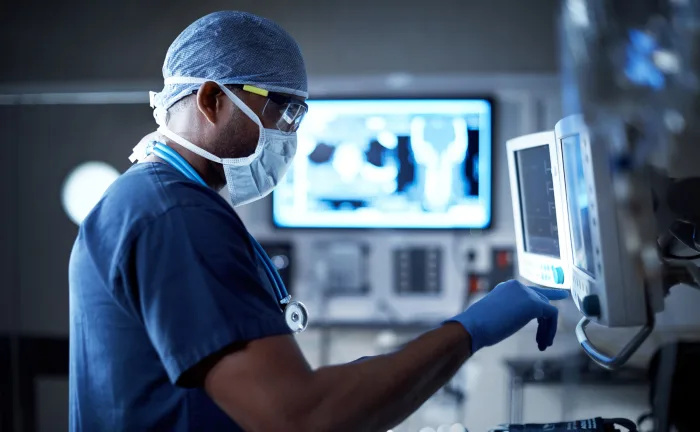5 Signs It's Time To Upgrade Your Medical Equipment

Advancements in the medical field are constantly being pursued, especially for the technology that professionals use every day. Medical equipment is in constant use to help patients and save lives, but there will come a time when your medical equipment will require upgrades. Knowing when to resupply yourself with better medical tools for your staff is important.
Current Devices Are in Constant Need of Repair
Hospitals and clinics across the nation continuously use medical equipment to treat patients. When the machines have been in use for long periods, they will require more frequent repairs, affecting medical equipment financing and costing the medical facility more money.
When medical equipment begins to malfunction and needs persistent repairs, upgrading the equipment is the best option to ensure the issues don't worsen. Upgraded equipment will have better functionality, better maintenance, and more options for how medical professionals may help patients.
Productivity Is Down
Medical equipment is essential to a hospital's productivity, and if the machines are running slow or processing capabilities aren't as responsive, productivity will diminish. A significant loss in your medical facility's productivity is an important sign that it's time to upgrade your medical equipment.
There are only a handful of tasks that personnel do by hand, and there are numerous tasks that they rely on technology for. Upgrades to monitoring testing devices will ensure results are given promptly and will help avoid a backlog of work that needs completing.
Increased Reports of Complications During Procedures
Numerous tools and devices are used in various procedures in hospitals, and if the equipment is outdated, upgrades are needed to make these procedures easier. Medical procedures take focus and precision; if the medical equipment is faulty or old, it will make the job more difficult and leave more room for error.
Visuals Are Harder To See in Imaging Devices
Colonoscopies, endoscopies, and ultrasounds all require the use of a screen to gain a visual of what the camera sees. Over time, the feed the camera sends to the monitor may look hazy or unclear because of parts getting worn out or breaking. Implementing upgrades to the medical equipment involved with scoping or exploratory surgery will prevent professionals from missing a sign of disease and make minor tasks, such as finding a vein in a patient, more efficient.
Staff Have More Interface-Related Issues
Devices that require input, such as PCA pumps and heart monitors, are important for keeping track of a patient's health and how much medicine they receive. If the medical staff has trouble inputting commands or the interface doesn't work properly, upgrading the equipment will give the best assistance and help the staff have better technology. Devices with input controls are some of the most important devices for unsupervised patient care. If a device doesn’t have the proper settings, multiple errors may occur with the patient's treatment.
The many pieces of medical equipment used daily to help patients must have upgrades when possible. Noticing these signs before they worsen will make upgrading your devices easier without issues and impacting the hospital’s daily functions.
